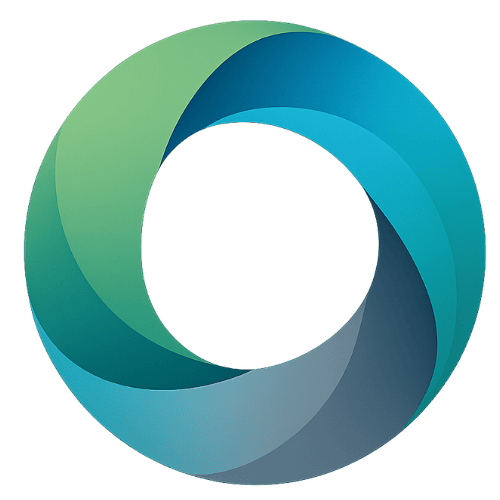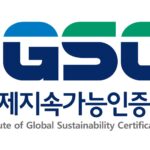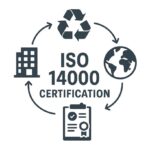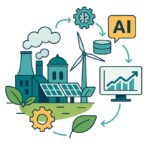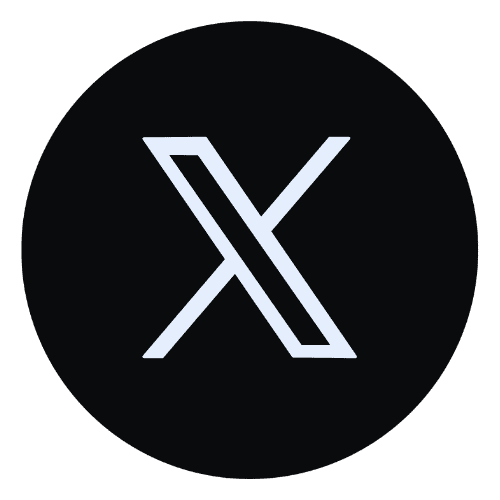Aspen Plus Chemical Engineering Training Programs
Contact Info.
English Address:
Level 21 Shiodome Shibarikyu Building
1-2-3 Kaigan, Minato-ku
105-0022 Tokyo, Japan.
Japanese Address:
〒105-0022 東京都港区海岸1-2-3
汐留芝離宮ビルディング21階, 合同会社DEISO.
Phone (JP): 03-5403-6479 / 0488-72-6373
Phone (EN): 070-6969-7700
Fax: 03-5403-6475 / 0488-72-6373
Email: info@dei.so
Latest News
- DEISO Partners with Framence to Bring Digital Twin Innovation to Asia and the Middle East
- DEISO and IGSC Sign Strategic Memorandum of Understanding
- ISO 14000 Certification: Why Your Business Needs It Now
- DEISO Officially Launches Its Global Partnership Programs
- Introducing Our New Process Engineering Services — Enhanced by AI
🆘 DEISO Quick Help & Support Center
🛠️ How to Seek Help from the DEISO Website
🔍 Search Assistance
- Use Ctrl+Shift+D on any Windows or Mac device to launch our global site search with autocomplete.
- On both desktop and mobile, click the search icon at the left center edge of the screen to open the same powerful search tool.
- For detailed exploration, visit our Advanced Search page:
👉 https://dei.so/advanced-search
🤖 Ask AI for Instant Support
- Ask our AI assistants to get quick answers:
- DEISO Mirai AI Pro: https://dei.so/ask-ai
- DEISO Sora AI: https://dei.so/ask-sora-ai
- Support & Troubleshooter AI: https://dei.so/toku-ai-assistant
💬 Connect with the DEISO Team
- Chat with us on WhatsApp: https://wapp.dei.so/land/wpapp
- Use our Live Chat feature: https://dei.so/live-chat
- Send us a voice message: https://dei.so/send-us-a-voice-message
📧 Email Us
- For general inquiries: info@dei.so
- For technical support or platform issues: support@dei.so
🧾 Submit a Support Ticket
- Submit a ticket for technical, platform, AI, or training issues here:
👉 https://dei.so/submit-support-ticket
📶 Check Platform & Website Status
- Stay updated on our website’s availability or subscribe/bookmark:
👉 https://up.dei.so - Check the status of digital platforms, AI services, and training systems:
👉 https://dei.so/platforms
📚 Need More Help?
- Visit our Frequently Asked Questions (FAQ):
👉 https://dei.so/faq - Explore our full Help Center:

